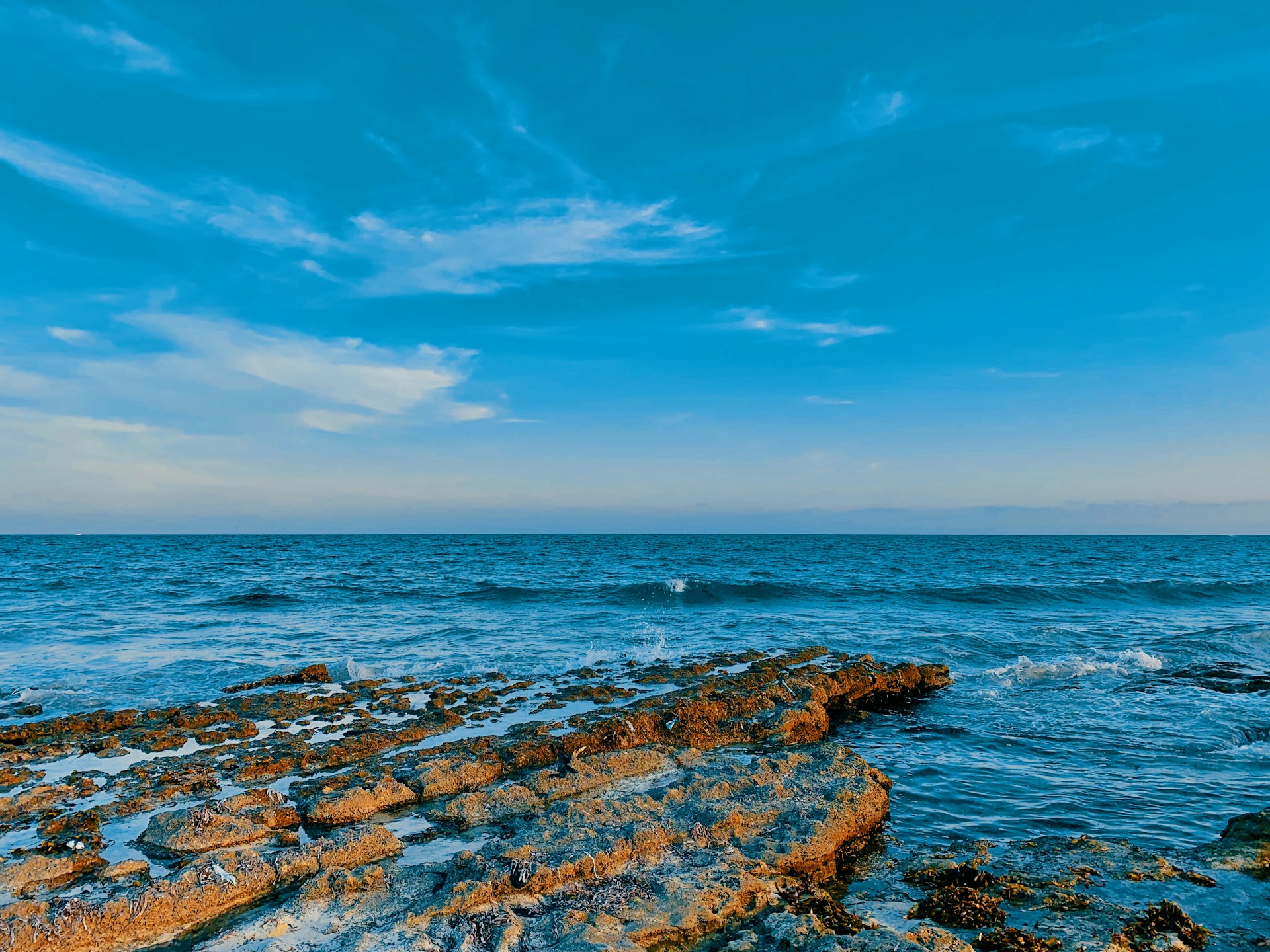Our hearts are heavy with the news of the loss of the two Navy SEALs who went missing at sea off the coast of Somalia. These brave men were serving their country with honour and distinction when they were tragically taken from us.
We extend our deepest condolences to their families, friends, and fellow SEALs. They will be deeply missed, and their sacrifice will never be forgotten.
The SEALs will be remembered for their courage, their professionalism, and their commitment to protecting world peace.
We honour their memory by continuing to fight for the values they held dear. We will never forget their sacrifice, and we will ensure that their legacy lives on.
Threat to maritime security
The Houthis are a threat to maritime security for several reasons.
- They have a history of attacking ships in the Red Sea and Gulf of Aden. Since 2015, the Houthis have launched over 1,700 attacks on ships, including commercial vessels, tankers, and military ships. These attacks have caused damage to ships, injured crew members, and disrupted maritime trade.
- They have access to advanced weapons. The Houthis have been supplied with advanced weapons, including ballistic missiles and cruise missiles, by Iran. These weapons give the Houthis the ability to target ships at long range and with precision.
- They are operating in a region that is important to global trade. The Red Sea and Gulf of Aden are important shipping routes for oil and other goods. The Houthis’ attacks on ships in these waterways have the potential to disrupt global trade and raise shipping costs.
- They are a threat to regional stability. The Houthis’ attacks on ships have the potential to escalate tensions in the region and increase the risk of conflict. This could have a negative impact on the global economy.
In response to the Houthi threat to maritime security, the international community has taken a number of steps. These include:
- Deploying warships to the Red Sea and Gulf of Aden to deter Houthi attacks.
- Increasing intelligence sharing and cooperation between maritime security agencies.
- Developing new technologies to detect and intercept Houthi attacks.
It is critical to note that the Houthis are not the only threat to maritime security in the region. Other groups, such as al-Qaeda and ISIS, have also targeted ships in the Red Sea and Gulf of Aden. The international community needs to continue to work together to address these threats and ensure the safety of maritime navigation.
Arms suppliers
The Houthis are receiving arms from a variety of sources, including Iran, North Korea, and Yemeni government stockpiles.
Iran: Iran has been the Houthis’ most significant arms supplier. The United States, Saudi Arabia, and other countries have accused Iran of providing the Houthis with ballistic missiles, cruise missiles, and other advanced weapons. Iran has denied these accusations, but the United Nations has found evidence that Iran has supplied the Houthis with weapons.
North Korea: In 2022, the United Nations Security Council accused North Korea of supplying the Houthis with weapons, including ballistic missile components. North Korea has denied these accusations.
Yemeni government stockpiles: The Houthis have also captured weapons from Yemeni government stockpiles. This has been a major source of their arms, as the Houthis have taken control of large parts of Yemen.
Other sources: The Houthis have also been accused of receiving arms from other sources, such as local arms dealers and smugglers.
The Houthis’ arms supplies have been a major factor in their ability to wage war against the Saudi-led coalition. The coalition has imposed a blockade on Yemen, which has made it difficult for the Houthis to import arms. However, the Houthis have been able to overcome these challenges by using a variety of smuggling routes.
The international community has condemned the arms shipments to the Houthis, as they have contributed to the war in Yemen and the humanitarian crisis. The United Nations has imposed sanctions on Iran and North Korea for their arms shipments to the Houthis.
The Houthis’ arms supplies are a complex issue with no easy answers. The international community needs to continue to work together to address this issue and find ways to prevent the Houthis from receiving weapons.

